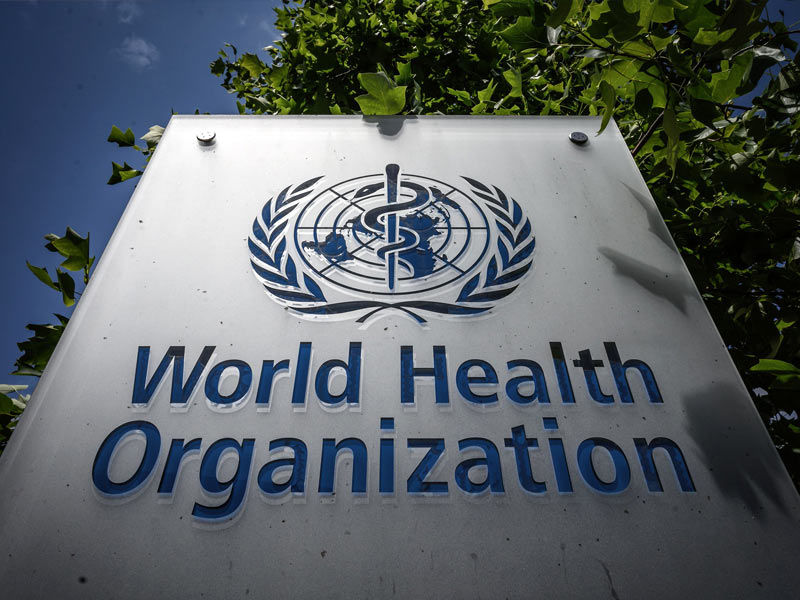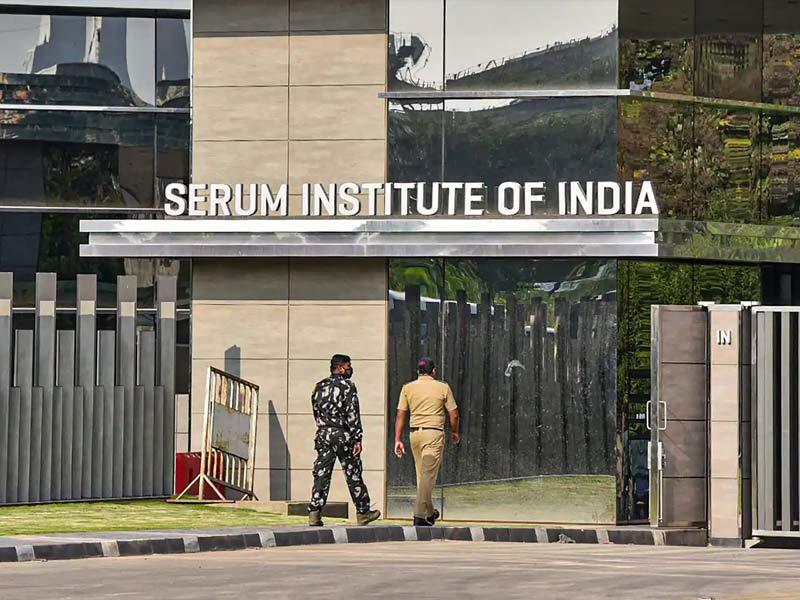The World Health Organization (WHO) has recommended the use of the R21/Matrix-MTM malaria vaccine created by the University of Oxford and the Serum Institute of India using Novavax’s adjuvant technology after it met all necessary safety, quality, and effectiveness standards.

In a formal statement, Serum Institute of India CEO Adar Poonawalla said that – malaria has threatened the lives of billions of people around the world for far too long, disproportionately harming the most vulnerable among us.
Because of this, the WHO’s recommendation and approval of the R21/Matrix-MTM vaccine represent a significant step forward in the fight against this fatal illness. It demonstrates what can be accomplished when the public and private sectors, as well as scientists and researchers, collaborate on a common endeavor.
I’m immensely pleased with the role the Serum Institute of India played in creating the R21 malaria vaccine as we continue to collaborate to build a healthier, more just future for everyone. To ensure that the vaccine is available to those who need it the most, Poonawalla said, we are eager to scale up manufacturing.
Also, Read Indian Pilots Could Be Getting Banned From Wearing Perfume
According to the announcement, the Serum Institute of India has already created production capacity for 100 million doses annually, which will quadruple over the following two years.

The European & Developing Countries Clinical Trials Partnership (‘EDCTP’), the Wellcome Trust, and the European Investment Bank helped the Jenner Institute at Oxford University and the Serum Institute of India create the vaccine.

























